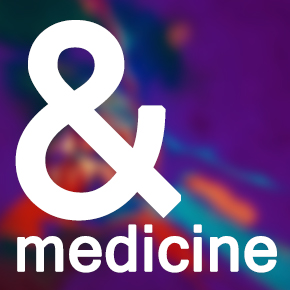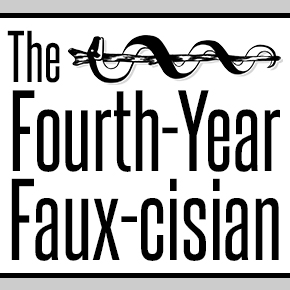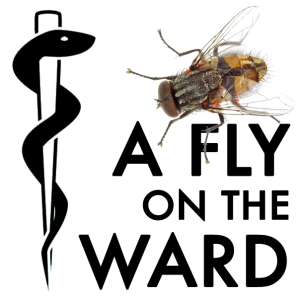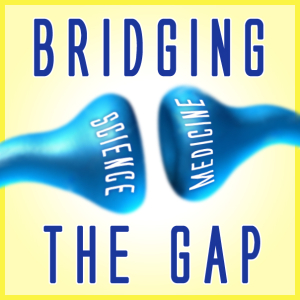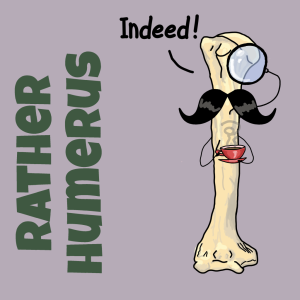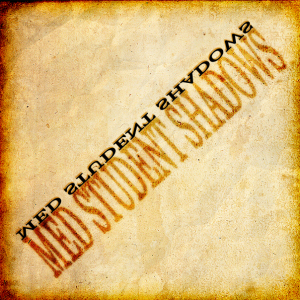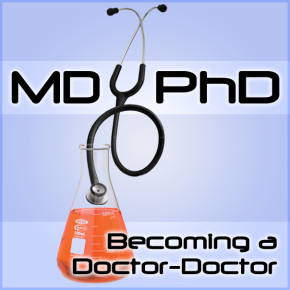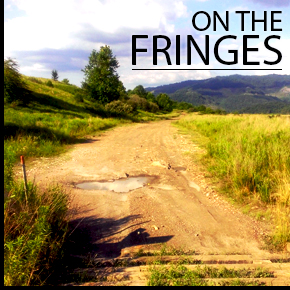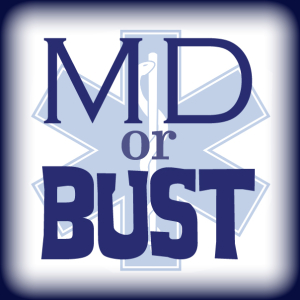Kenyan Life: Soundings from a Slemenda
Between my first and second years of medical school, I was fortunate to receive the AMPATH Slemenda Scholarship. This scholarship allowed me to experience medicine firsthand in the global health arena as I worked in Eldoret, Kenya. AMPATH (Academic Model Providing Access to Healthcare) is a consortium of North American and Kenyan academic institutions working together to improve health care delivery to a catchment area of 3.5 million people.


